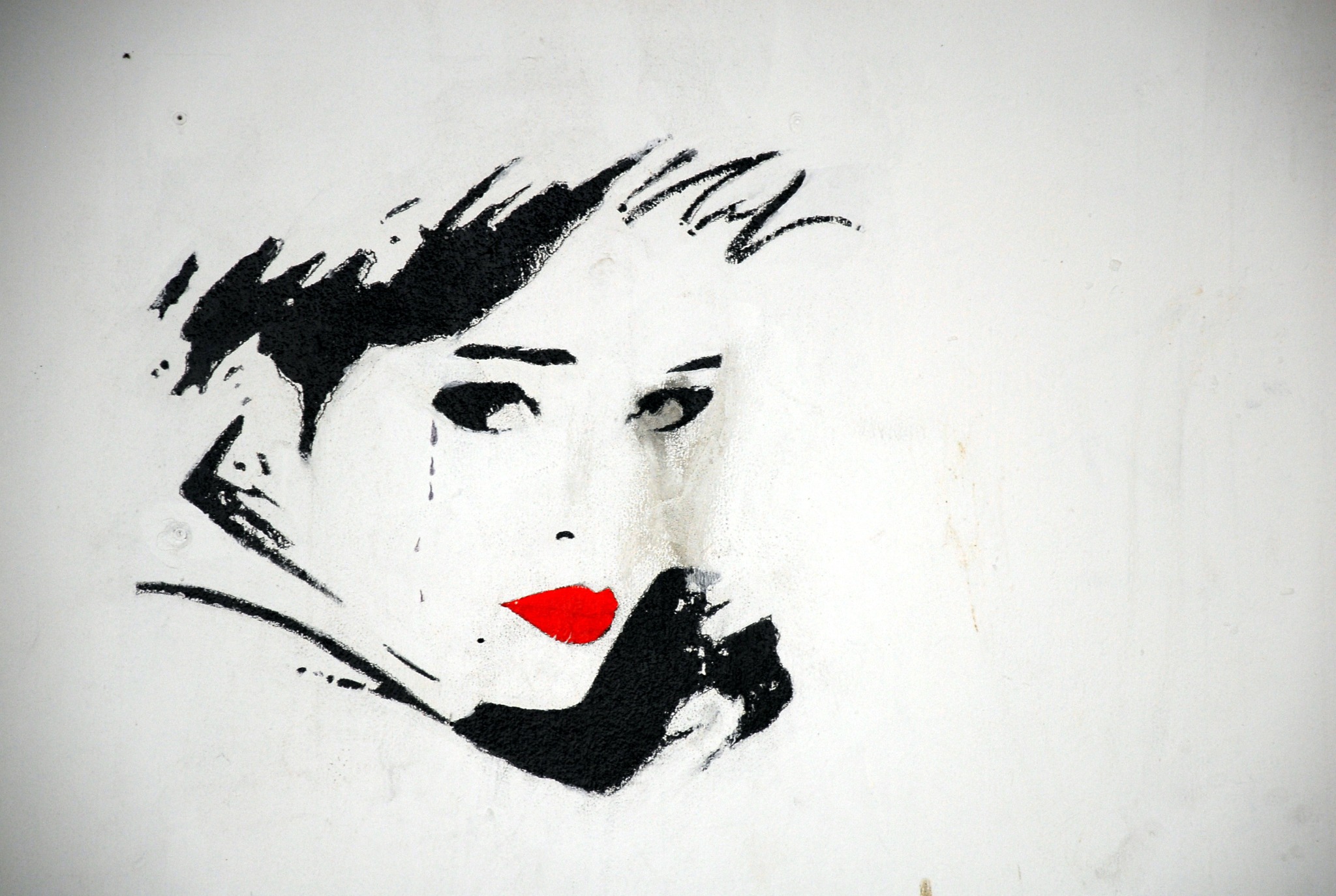Creative: "She told me what a woman was" (Non-Fiction)

A woman once told me a story. It was about travel and far away lands. It was about the truth of her life. It was about what it means to be a woman.
She told me being a woman means being mistaken for a man because of your name. She said, it is easier to believe that a man is a leader, especially when traveling from another country, when you have experience, leadership. You arrived and they learned there was no “he.” See, in Namibia, women do not lead other men, as you do. Women are not advisors to younger men in their leadership roles, as you are. You learn that your experience as a woman in America created barriers to your work in Namibia, even when working with another college and in a department you are qualified for.
She told me being a woman means coming to understand your privilege in a different country. She explained the internet is not a given. It is the winter and all the buildings are open air. Cold gusts of wind whip through the building. Heaters are not a given. Jackets and hot tea stay off the icy displacement of living in another country, trying to keep in the warmth, even when the whiteness and Englishness you have are stark against the dark, richness of Afrikaans. You don’t understand what they say. You laugh it off, and try to connect back with them at a later time to understand what they were saying. You realize that their history is rooted in the oppression of their language, that the government has tried to free their history from Afrikaans as an aparteid to South Africa, and yet they choose to freely speak in the language of their oppression. You are the only one whose first language is English. And you learn that is a privilege, to speak a language that is separate from your people’s history of oppression.
She told me being a woman means learning your identity in the world. She said it's about finding each experience as an opportunity, a motivation to find out what space you take up and space you need. In another country, you learn that there are cultures and tribes and histories that have been dominated by European powers. But you find the beauty and strength from their perseverance for many generations. You are welcome but different, inside but outside, a leader but a woman. You lead trainings for your department, and they are amazed that a woman so young can have such grace and strength in a role such as yours. Celebrations of culture are contrasted with the racism against tribe’s own people. They see anyone with any European and white heritage as “colored,” yes, you remind yourself that the term is different in Namibia and they find people that you see as multiracial as colored. You remember the contrast of a more progressive country whose views are flawed but further forward than here.
She told me being a woman means knowing the difference between an American woman’s laugh and Namibian woman’s laugh. You hear the sound from down the hall. It is the sound of being free. The laugh tells you it is an American woman, because her freedom in life and in choices shines through her laugh. The laugh of a Namibian woman is tighter, more strained, holding the weight and restrictions from centuries of oppression on her shoulders, in her chest, deep in her heart. You are right. It is a foreign exchange student from the United States. And her laugh was different than those of the country you both find yourself guests in.
She told me what a woman was. And I walked away, looking for the woman in me.
Photo credit: Wikimedia -- File:Street art woman.JPG
